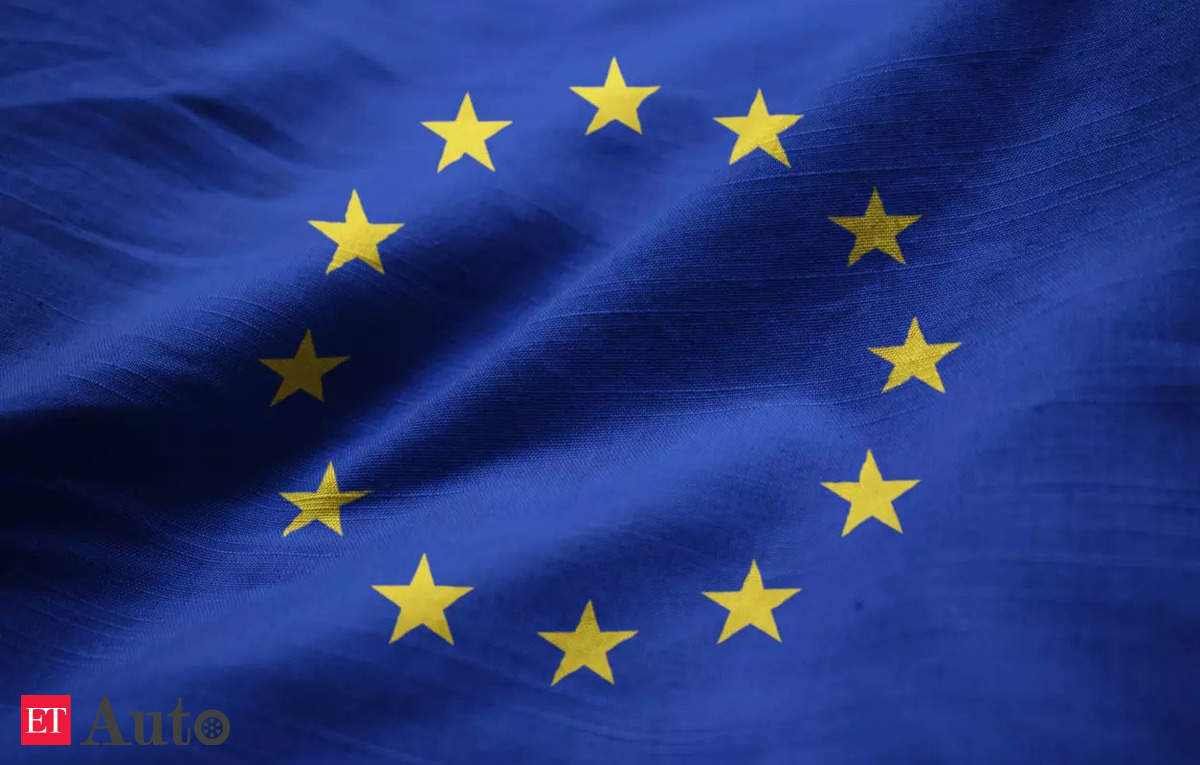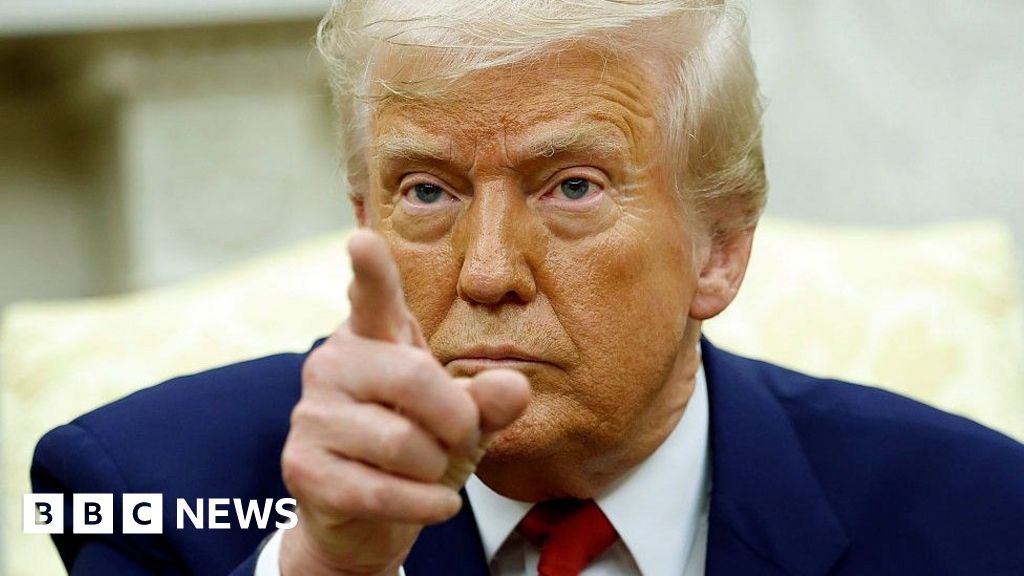EU Trade and Import Policies

The European Union is taking decisive steps to protect its steel industry amid concerns over surging imports and to bolster its production of critical materials for energy transition and security. These measures come as global trade tensions escalate, particularly with the United States, which is contemplating reciprocal tariffs on goods from numerous countries.
Effective next month, the European Commission will tighten import restrictions on steel. This includes a reduction of approximately 15% in import quotas, also known as safeguards. Volumes within these quotas remain tariff-free, reflecting established trade flows. However, any steel imports exceeding the quota will face a substantial 25% tariff. Furthermore, the EU will eliminate the practice of allowing countries to roll over unused quotas from other nations. The Commission is targeting categories with high import pressure and low consumption to maximize the impact of these restrictions.
In tandem with these import curbs, the Commission has unveiled a list of 47 strategic projects aimed at boosting the EU's production of 14 out of the 17 materials deemed critical for its energy transition and security. This initiative underscores the EU's commitment to securing its supply chains and reducing reliance on external sources for essential materials.
These actions follow announcements made by Commission Vice President Stephane Sejourne, signaling a proactive approach to safeguarding the European steel sector. These measures are designed to shield the continent's steel industry from being overwhelmed by increasing imports.
Meanwhile, EU Trade Commissioner Maros Sefcovic is actively engaged in discussions with US trade officials to avert the imposition of steep US tariffs on EU goods. Sefcovic has met with Commerce Secretary Howard Lutnick and US Trade Representative Jamieson Greer to address the escalating trade tensions. The US, under President Donald Trump, is considering raising import duties to match those charged by major trading partners, citing the need to counteract non-tariff trade barriers.
Trump has labeled April 2 as "Liberation Day" for the US economy from unfair trade practices, hinting at the announcement of a reciprocal tariff plan. However, he has also suggested the possibility of granting tariff breaks to certain countries. Separate tariffs on autos, pharmaceuticals, and aluminum are also reportedly under consideration.
Sefcovic has expressed the EU's willingness to discuss reducing automotive tariffs on both sides of the Atlantic, including the EU's 10% car tariff and the US 25% truck tariff, in an effort to de-escalate the situation.
Canada is also closely monitoring the situation. Prime Minister Mark Carney has stated that Canada is prepared to implement retaliatory trade measures against the US, depending on Trump's actions. While Trump has threatened to end a tariff reprieve for goods compliant with the US-Mexico-Canada free trade agreement, Carney emphasized the need for substantive discussions between sovereign nations.
White House officials have cautioned against expecting complete tariff relief, as Trump's reciprocal duty calculations will consider non-tariff barriers, currency policies, and other factors. The EU is planning to delay its initial set of counter-measures, including a 50% tariff on US bourbon, to mid-April. In response, Trump has threatened a 200% tariff on all wines and other alcoholic products from the EU if retaliatory tariffs are imposed.
The US is particularly focused on countries with the highest goods trade surpluses. The Office of the United States Trade Representative has requested public comments on reciprocal tariffs, with a specific interest in the largest US trade partners and those with the highest goods trade surpluses. Countries of particular interest include Argentina, Australia, Brazil, Canada, China, the European Union, India, Indonesia, Japan, Korea, Malaysia, Mexico, Russia, Saudi Arabia, South Africa, Switzerland, Taiwan, Thailand, Turkey, the U.K., and Vietnam.
India has expressed openness to reducing tariffs on over half of US imports, valued at $23 billion, in the initial phase, demonstrating a willingness to negotiate amidst the global trade tensions.
As these trade dynamics unfold, the EU's moves to protect its steel industry and bolster its critical materials production reflect a broader trend of nations seeking to safeguard their economic interests and supply chains in an increasingly uncertain global trade environment.












